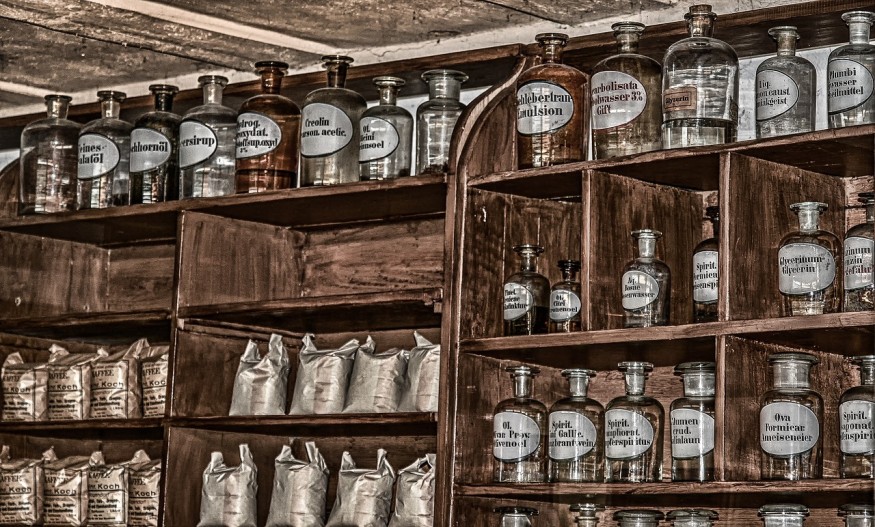
Trump's administration urges Thailand not to outlaw three pesticides that scientific studies have shown to be extremely dangerous to children and other vulnerable groups.
The three pesticides have each merged their way to becoming "bigger giants" in recent years, as they are earning their power in Washington to keep their money-making pesticides on the US market. However, these products are not producing as much success in keeping foreign leaders in line amid growing global awareness of the risks many pesticides provide for human health.
Food and Drug Administration discovered more than 84 percent of fruits, 53 percent of vegetables, and 42 percent of grains sold to consumers in domestic food supplies sold in the United States carried pesticide residues.
Regulators in the United States underscored that there is nothing to worry about dietary exposures to pesticides. It added that farmworkers' risks on pesticide exposure could be mitigated with particular measures such as appropriate training and protective clothing.
According to a news report in Thailand, the US officials warned that the ban would limit profitable trade between the two countries. Trump's administration expressed their disappointment over the ban of glyphosate, claiming that the move could hinder billions of dollars in Thai imports of US grains.
Thailand's Industry Minister Suriya Juangroongruangkit obtained a letter from the US Embassy in Bangkok. The letter hinted at the impact that the ban will have on Thai farmers and US exports to Thailand.
In the letter, the US cited the Environmental Protection Agency's (EPA's) discovery that glyphosate poses no significant risk to human health as regulated.
"The EPA's findings are consistent with scientific reviews conducted by others including Japan, European Union, Australia and the Joint Food and Agriculture Organisation of the United Nations/World Health Organisation Meeting on Pesticide Residues," the letter stated.
Suriya countered by telling that the US government needs to administer a thorough study on alternative chemicals to substitute the three pesticides as various stakeholders would be affected. The official added the matter should not be politicized to "avoid creating new problems."
Thailand Gov't rejects US call to ban the pesticides
Thailand's officials, however, rejected the US' call not to ban the use of three toxic farm chemicals. The leaders said that they were forced to explain to US officials that Thai is prioritizing the health and safety of Thailand's consumers.
Thai's public health minister, Anutin Charnvirakul, stressed that "[Thailand's] job is to take care of the people's health." Also, Deputy Minister and Health Minister Anutin Charnvirakul told Bangkok Post that the Thailand government is liable for securing the safety of consumer goods.
According to Thailand's leaders, Monsanto's glyphosate herbicide, which causes cancer; Dow Chemical's chlorpyrifos, which harms babies' brains; and Syngenta's paraquat, which causes Parkinson's Disease, will be banned in their country effective December 1, 2020.
The leaders in Thailand were driven by the research showing the harm of these agricultural chemicals posed to both farmers and consumers as the residues left by bugs and weed killers persists in crops - such as fruits, grains, vegetables - and other food.
Thailand joins other nations in Europe, South America, the Middle East - including Australia and New Zealand - on banning glyphosate, chlorpyrifos, and paraquat. In October, the national hazardous substances' committee in Thailand agree to halt the three pesticides due to the dangers posed by scientific evidence.
© 2025 NatureWorldNews.com All rights reserved. Do not reproduce without permission.





